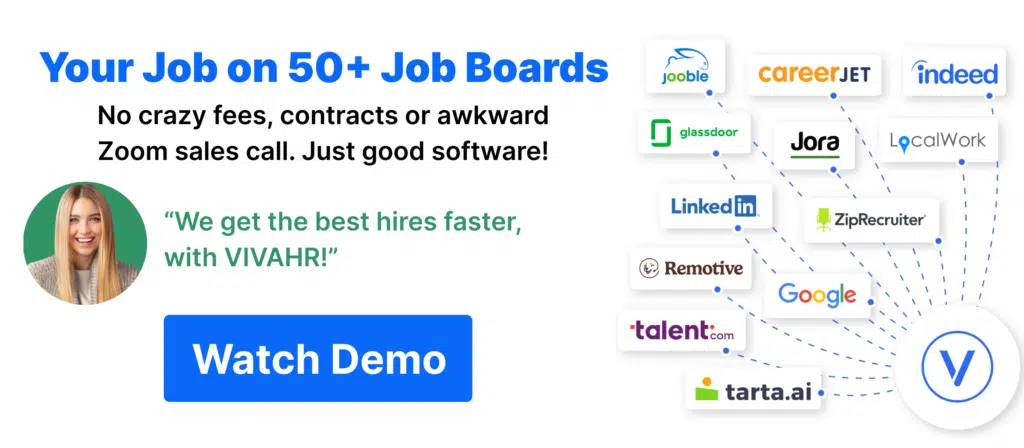Frequently Asked about Payroll Officer
What key qualifications should a Payroll Officer have?
A Payroll Officer should have a strong background in accounting, finance, or a related field. Employers typically prefer candidates with a degree in accounting or business administration. Proficiency in payroll software (e.g., ADP, QuickBooks), strong Excel skills, and a solid understanding of labor laws and tax regulations are essential. Certification such as Certified Payroll Professional (CPP) is often preferred.
How does a Payroll Officer ensure compliance with tax laws and regulations?
A Payroll Officer ensures compliance by staying updated on federal, state, and local tax laws, as well as labor regulations. They regularly review changes in legislation and implement necessary adjustments to payroll practices. They also work closely with the HR and finance departments to ensure all payroll processes align with legal requirements, and they conduct periodic audits to identify and correct any discrepancies.
What strategies does a Payroll Officer use to handle payroll discrepancies?
When handling payroll discrepancies, a Payroll Officer first investigates the root cause by reviewing payroll data, time sheets, and employee records. They communicate with the affected employee(s) to understand the issue, and then work quickly to correct any errors. The Payroll Officer also implements preventative measures, such as additional checks or updates to processes, to avoid similar issues in the future.
How can a Payroll Officer contribute to improving payroll processes?
A Payroll Officer can contribute to improving payroll processes by analyzing current workflows, identifying inefficiencies, and proposing automation or software solutions to streamline operations. They may also suggest policy updates to enhance accuracy and compliance. Continuous monitoring and regular feedback from employees and management help the Payroll Officer refine these processes over time.







